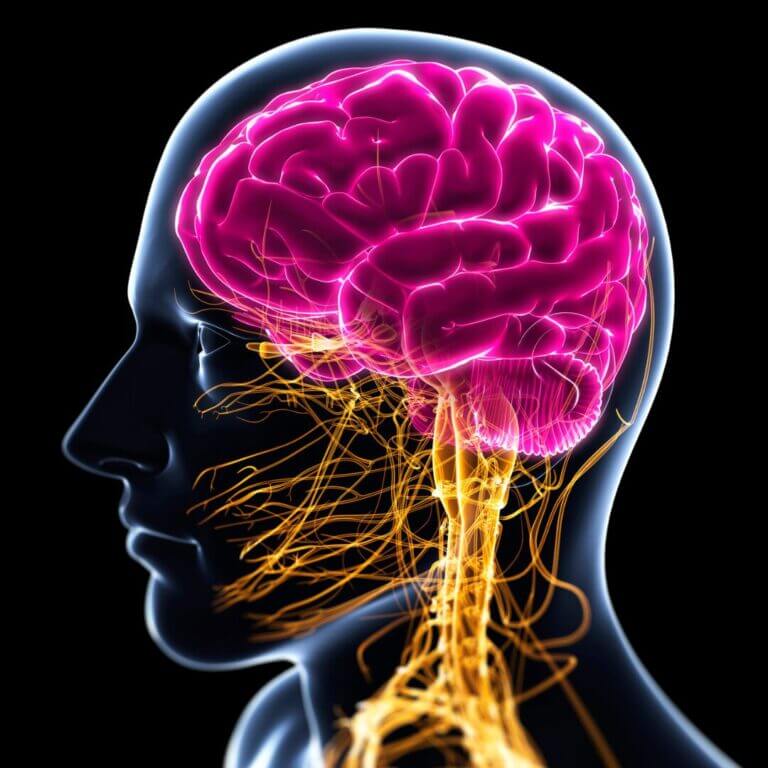Recovery is More Than Sobriety, It Is a Healthy Lifestyle
When most people think of recovery, they think it’s just about staying sober one day at a time. Sure, this is a big part of it! But, the truth is, enjoying a life in sobriety is about much more than just staying away from alcohol or drugs like cocaine, heroin, or methamphetamines. It’s about a complete lifestyle change. The goal is to practice healthy habits in all areas of your life so that you can enjoy the best version of yourself.
Two areas that are commonly overlooked by those in recovery are eating and exercise. This is not surprising. The disease of addiction leads to a complete deterioration of physical health and shatters any sense of well-being. When addiction is running the show, things like proper nutrition and working out have no place on the priority list.
However; healthy eating and sufficient exercise should be considered important for those who are dedicated to getting sober and staying sober. If you have been abusing your body for months or years with pollutants like alcohol or illegal drugs, your system has taken a beating. Now more than ever, your body needs to experience health and healing. Proper eating habits and regular exercise can help aid the process.
We are providing four tips for eating and exercising in recovery. In the spirit of keeping things simple, we believe if you will follow these four suggestions, you will be well on your way to a healthier you.
1. Drink Plenty of Water
Most people know they should drink water, but few people actually consume a sufficient amount of water every day. We live in a world that promotes sugary beverages like soda, energy drinks, and lattes from Starbucks. As a result, the average American is dehydrated.
Getting the proper amount of water is especially important for people in recovery. Water helps to flush toxins from your system and repair the damage done to your organs from prolonged substance abuse. It also eases the symptoms of Post-Acute Withdrawal Syndrome. Plus, staying hydrated gives you energy, improves cognitive function, helps you maintain a healthy weight, and promotes heart health.
2. Get Your Body Moving
Many people in recovery are intimidated by exercise. Some have never been athletic and others have gotten so far out of shape, they are afraid to begin exercising again. Not to worry. Whatever your fitness level may be (or lack thereof), you can get your body moving with no need for expensive equipment or snazzy workout clothes. All you have to do is move around. It really is that simple.
Because people in recovery from addiction tend to think in extremes, many think they need to go out and join a gym, run five miles, or start working out excessively to exercise. This is not the case. Just start out slow. Get your body moving. Go for a walk. Ride your bike. Go hiking at a local park. Dance around the house. Find a low-impact exercise on YouTube and work up a sweat from the comfort of your own home.
Just get moving! Do your best to engage in at least 20 minutes of exercise three times a week.
3. Eat Your Fruits and Veggies
Let’s be honest. Very few people are able to maintain healthy eating habits when they are addicted to alcohol or drugs. Eating fast food, munching on high carb/low nutrient snacks, and eating junk from the convenience store are all common practices. Fruits and vegetables usually have no place on the menu. We encourage you to think about changing this in recovery.
The American Heart Association recommends that you get five servings of vegetables a day and four servings of fruit a day. Simply put, fruits and veggies are awesome for your health.
Fruits like oranges, apples, melons, grapes, and pineapple and green vegetables like zuchinni, cucumbers, broccoli, and fresh green beans are packed with nutrients. These nutrients provide the energy you need to enjoy optimum performance and promote organ health. They also contain loads of fiber which aid in the process of digestion and leave you feeling full.
Need some help getting excited about fruits and vegetables? Check out these delicious recipes..
4. Go Easy on the Caffeine
Again, people who have had a problem with addiction tend to take things to extremes. This is especially true when it comes to caffeine consumption. In spite of the fact that caffeine is a stimulant and highly addictive, most people in recovery barely give it a second thought.
Many sober people are hooked on caffeine. It doesn’t help, of course, that coffee is a part of the culture at 12 Step groups. It is not uncommon for sober people to meet for coffee before or after meetings and enjoy coffee during the meetings as well. Also, many consume mass quantities of energy drinks or are addicted to soda.
We encourage you to give up the caffeine altogether or at least use it in moderation. Too much caffeine can negatively impact your physical and mental health.
One Day at a Time, You Can Become a Healthier You
Chances are, you have already heard the four suggestions we offered about eating and exercise. But, it doesn’t hurt to have a reminder. Incorporating these simple practices into your daily life will promote better physical and mental health so you can enjoy a sober lifestyle.
You don’t have to try and make big changes all at once. Just like recovery, implementing healthy practices happens one day at a time. Take it slow and work on thing at a time. Before you know it, you will have made significant changes in your life.
Going forward, we encourage you to take care of your body through regular exercise and healthy eating habits to promote lasting happiness and healing. Remember, it’s the only one you’ll ever get!



